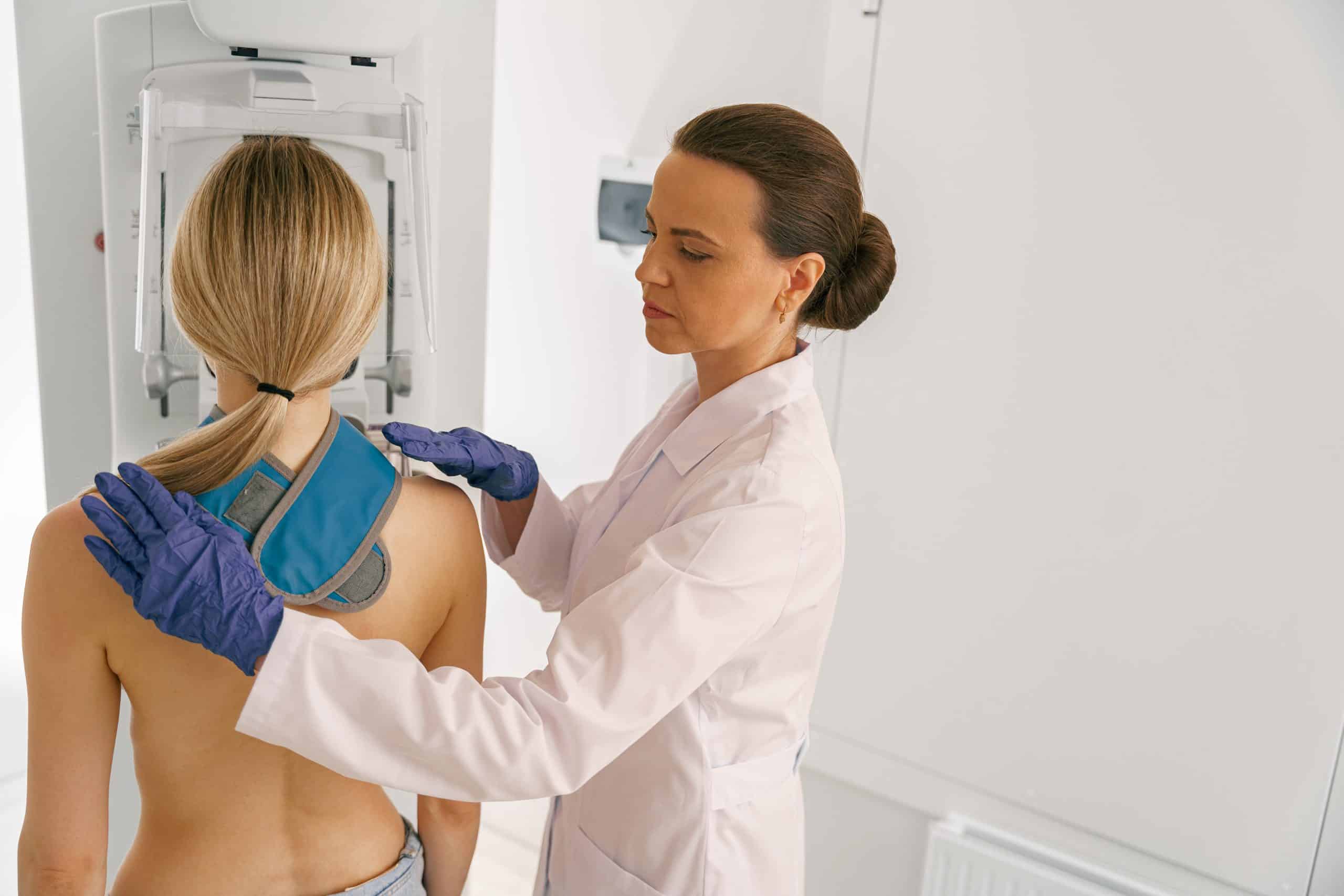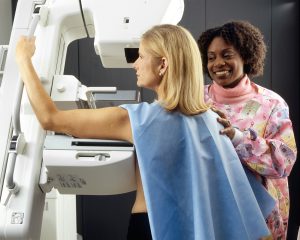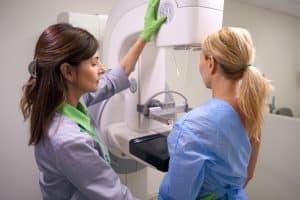In the bustling health landscape of Ontario, from the urban sprawl of Toronto to the serene landscapes of Niagara Falls, mammography screening remains a pivotal, yet contentious issue. Valence Medical Imaging, serving diverse communities including Toronto, Brampton, Whitby, and Niagara Falls, is deeply entrenched in the dialogue surrounding breast imaging and cancer screening protocols. This article delves into the debates and discussions that often cloud the clarity of mammography’s benefits and risks, seeking to shed light on the intricacies and evidence that inform this complex conversation.
The Evolution of Mammography:
Mammography screening has evolved significantly over the years, with digital mammography becoming the standard in breast cancer detection. As technology progresses, so does the debate over the benefits and risks of these screenings. The BI-RADS (Breast Imaging-Reporting and Data System) Classification has been a critical development in standardizing mammogram reporting and ensuring consistent care across regions from Toronto’s urban clinics to Niagara Falls’ medical facilities.
The Controversies:
- Balancing Benefits and Risks:
The primary controversy in mammography screening lies in balancing the benefits of early detection against the potential risks associated with radiation exposure. While digital mammograms provide clear images that aid in early diagnosis, the radiation exposure, although minimal, still presents a risk, albeit a significantly lower one compared to past technologies. Health experts at Valence Medical Imaging are vigilant in utilizing the lowest radiation doses possible to minimize any risks while maximizing the benefits of early detection.
- Dense Breasts and Diagnostic Dilemmas:
Women with dense breasts face a unique challenge. Dense breast tissue can mask potential cancers on mammograms, leading to a higher likelihood of false negatives. For such patients in Toronto and surrounding areas, additional screening tools like breast tomosynthesis, also known as 3D mammography, breast ultrasound, or even MRI, may be recommended. These supplemental screenings can unearth what a digital mammogram might miss but also bring about concerns regarding overdiagnosis and overtreatment.
- Screening Guidelines Discrepancy:
Screening recommendations vary among organizations, causing confusion and controversy. Some guidelines suggest beginning screening at age 40, while others recommend starting later. This discrepancy can lead to mixed messages for patients in cities like Brampton and Whitby, where diverse populations may require tailored screening approaches.
- The Question of Overdiagnosis:
A significant portion of the controversy also stems from the potential for overdiagnosis – the diagnosis of a breast cancer that, if left undetected, would not have caused symptoms or death. This leads to the ethical dilemma of whether or not early detection via mammography invariably equates to improved outcomes, considering the emotional, physical, and financial costs of treatments that might not have been necessary.
- Access to Advanced Imaging Techniques:
Advancements like breast tomosynthesis and breast MRI offer more detailed imaging, especially useful for dense breasts. However, access to these technologies is not uniform across all regions, from urban centers like Toronto to smaller cities like Whitby. This disparity can contribute to unequal breast cancer screening outcomes and is a point of ongoing debate and discussion.
Mammography screening remains a vital yet complex tool in the fight against breast cancer. At Valence Medical Imaging, the commitment to patient education and informed decision-making stands at the forefront of their practice. Understanding the nuances of controversies, from the BI-RADS Classification’s role in standardizing reporting to the careful consideration of radiation exposure, dense breasts, and the necessity of adjunctive screenings like breast ultrasound and biopsy, is crucial for patients and healthcare providers alike.
For those navigating these decisions in Toronto, Brampton, Whitby, and Niagara Falls, Valence Medical Imaging serves as a beacon of expertise and support. Whether it’s scheduling a routine digital mammogram, requiring a diagnostic mammogram after an abnormal finding, or considering a breast biopsy following a suspicious screening, the team of experts is equipped to guide patients through these complex terrains with compassionate care and cutting-edge technology.
As the conversation evolves and new evidence emerges, Valence Medical Imaging remains dedicated to participating in the dialogue and providing the highest standard of breast imaging services to all who walk through their doors. With patient-centered care as the cornerstone, they continue to illuminate the path toward early detection and effective treatment in the diverse landscape of Ontario’s healthcare system.




